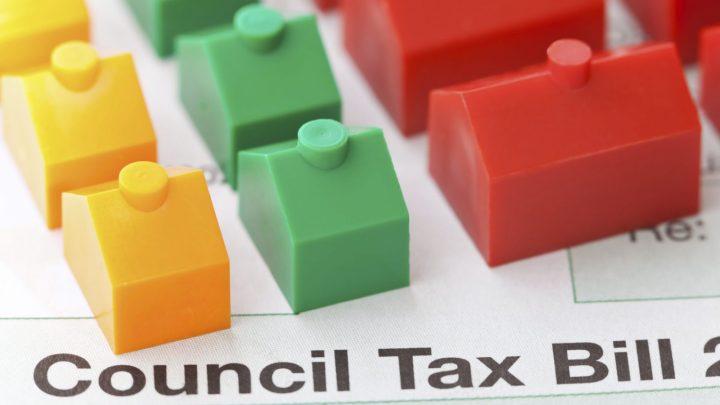Dorset Council budget proposals to protect essential frontline services
for residents

Dorset Council has published its initial proposals to deliver a balanced budget next financial year, 2024-25. The proposals will see essential frontline council services continuing to be provided to residents and businesses, and protected from cuts.
The proposed budget means that in the coming year the council will spend £376m on its residents, an 8 per cent increase in funding for essential services. Around 60 per cent of the budget will support vulnerable children, families, older people and those with disabilities. In total, Dorset Council provides around 450 different services to just under 380,000 residents, including adults and children’s social care, road maintenance, waste collection, housing support and libraries.
This year’s budget setting exercise once more takes place against a national background of extreme pressures for councils. These pressures include the high level of inflation which affects the cost of delivering council services, and the continued growth in need for social care services as a result of the ageing population.
The council proposes to increase council tax next year by just under 3 per cent and to levy the adult social care precept of 2 per cent. The increase would be equivalent to £1.82 extra per week for a Band D property.
Cllr Gary Suttle, Dorset Council’s Portfolio Holder for Finance, Commercial and Capital Strategy, said:
“We have carefully developed proposals to deliver a balanced budget, in a national context of significant financial challenge for councils. Our overriding aim is to protect the essential frontline council services on which local residents and businesses rely.
“Throughout the life of this administration, and in contrast with a number of councils across the country, we have set a balanced budget every year with no cuts to frontline services.”
The budget setting process takes place in several stages. The proposals are considered by two scrutiny committees, then reviewed and submitted to Cabinet, and then to Full Council in February for final approval.
The public meetings are as follows:
10am, 12 January - People and Health Scrutiny Committee
11.30am, 17 January - Place and Resources Scrutiny Committee
10am, 30 January - Cabinet
6.30pm, 13 February - Full Council
Categories: Corporate and Finance

Comments
0 Comments